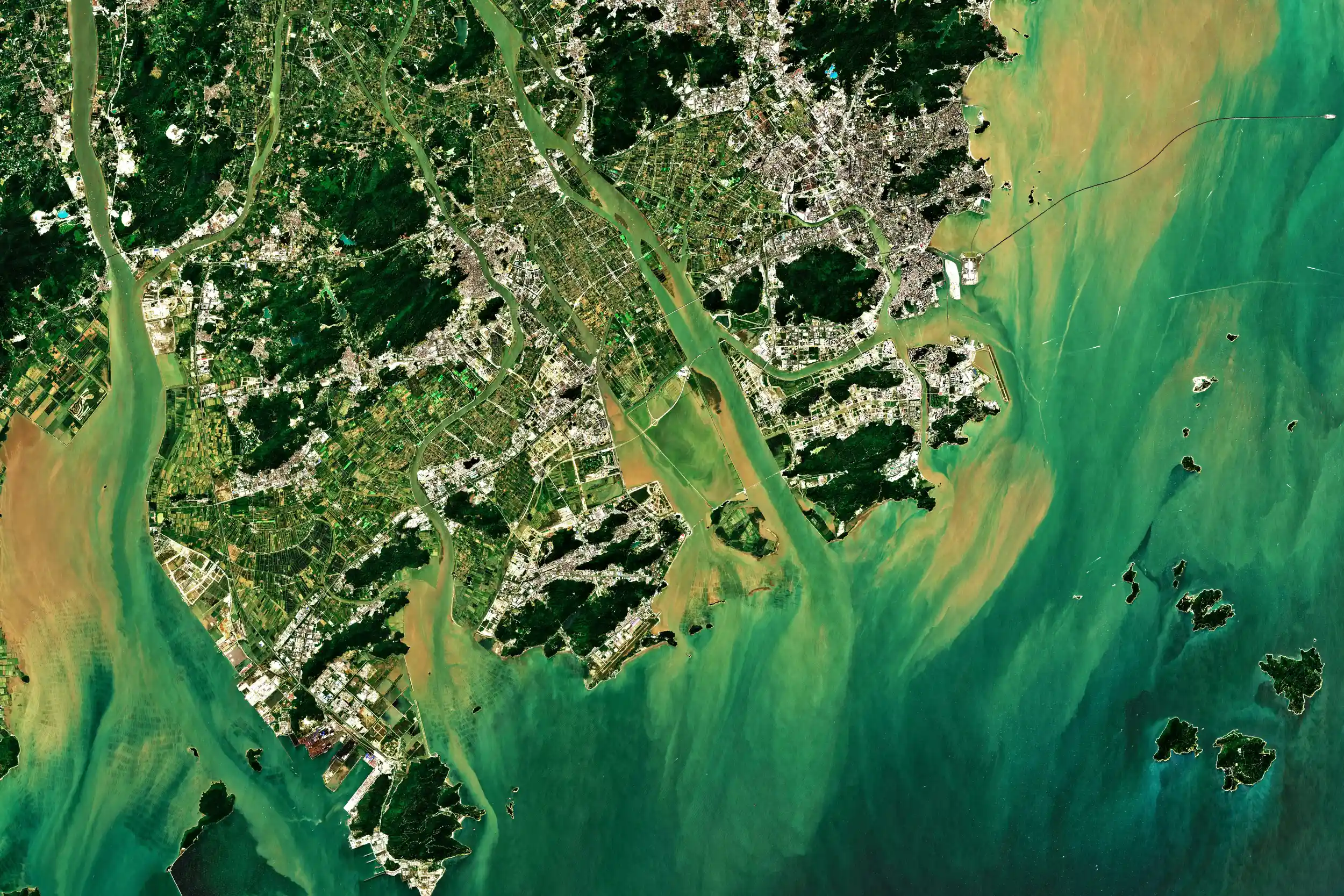

Digital Earth Approaches for GEO
Concept
The proposed Enabler aims to support GEO Members in advancing and operationalizing Digital Earth, at an initial stage, bringing together the different GEO actors already working on the Earth Observation (EO) Data Cubes, with a focus on implementing global principles in local contexts. Building on the “Think Global, Implement Local” framework, this Community of Practice (CoP) will bridge the gap between the high-level objectives of Earth Intelligence and the practical, context-specific needs of GEO Member States. Recognizing that each region and nation has unique technical, environmental, and policy requirements, this CoP will emphasize local adaptation of Digital Earth, initially through EO Data Cube technologies, leveraging both global best practices and local expertise.
Currently at GEO, EO Data Cubes have achieved notable global coverage, exemplifying the potential for wide-scale application across regions and demonstrating that EO Data Cubes provide a sound basis for a Digital Earth Platform. Notable amongst existing demonstrators are:
Other examples include the Antarctica Data Cube, the Armenia Data Cube, the Australia Government CSIRO’s EASI Data Cube, the Brazil Data Cube, the Catalan Data Cube, the Vietnam Data Cube, and Digital Earth Americas. Collectively, their successful implementation has shown how diverse environmental and social challenges may be addressed in varied geographic contexts, from the tropics to the poles and from the coasts through to high mountains. In Europe, the Copernicus Data Space Ecosystem is a step towards Data Cubes that are based on OpenEO.
At a first stage, this Digital Earth initiative will start by leveraging the experience of these existing EO Data Cubes, the CoP will proactively assist GEO Members in applying lessons and best practices in a way that is adaptable to their specific needs, from local to regional scales. The initiative further addresses the current disparities in EO Data Cube readiness across GEO Members and the operational challenges associated with expertise, resources, and infrastructure.
The CoP will promote user uptake of EO Data Cubes by:
The CoP will further consider additional technological approaches that contribute to Digital Earth, including Analysis Ready Data, shared application algorithms, Digital Twins, Data Spaces, and the Internet of Things. The CoP will further address issues of privacy, security, interoperability, and trust in Digital Earth systems.
Objectives
The Enabler will facilitate connection and integration within the GEO community by:
- Convening and formulating a dedicated CoP that aligns stakeholders on goals and opportunities and includes terms of reference that ensure focused networking adds value and provides a unified approach to the Digital Earth concept through EO Data Cube development and operationalization.
- Developing technical and operational support tools that enable GEO Members to implement Digital Earth, initially based on EO Data Cubes tailored to local needs and scaling globally demonstrated and/or developed methodologies to local contexts.
- Promoting interoperability by aligning with global standards, including data discovery and accessibility protocols (e.g., STAC, OGC APIs, OpenEO), and concurrently accommodating local data sources and user requirements.
- Fostering a community where GEO Members can share region-specific challenges and solutions, contributing to a global knowledge pool.
- Advancing local capacity building through partnerships and mentorship programs with experienced Data Cube initiatives, ensuring the long-term sustainability of EO practices.
- Developing joint advocacy efforts to communicate the value and benefits of EO Data Cubes, promoting uptake among GEO Members, and mobilizing resources to support sustainable EO infrastructure.
- Fostering stakeholder engagement to drive the adoption of EO Data Cubes, provide guidance on impact assessment toolkits, and develop best practices for evaluating the long-term benefits and outcomes of EO Data Cube initiatives.
- Facilitating the increase and diversification of EO data providers for easy access and use at different spatial and temporal resolutions by GEO Members.
- Exploring additional components of Digital Earth (e.g., Analysis Ready Data, Digital Twins, Data Spaces, and the Internet of Things) and consider privacy, security, and trust in Digital Earth systems.
Points of Contact




